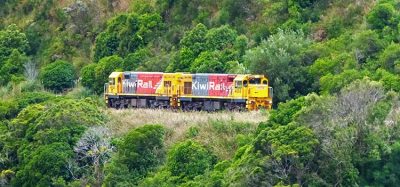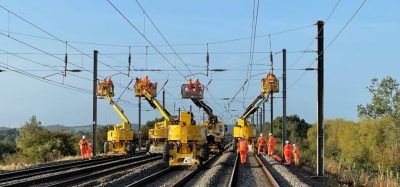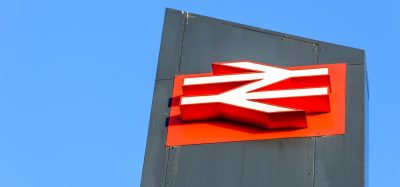Consultation into Britain’s rail fares structure calls for radical reform
Posted: 18 February 2019 | Global Railway Review | No comments yet
Britain’s biggest ever rail fares consultation reveals eight out of 10 respondents want the system overhauled; nine out of 10 want consideration of smart or electronic tickets (with the potential for price capping); and eight out of 10 want consideration of fares based on encouraging travel to fill up empty seats.
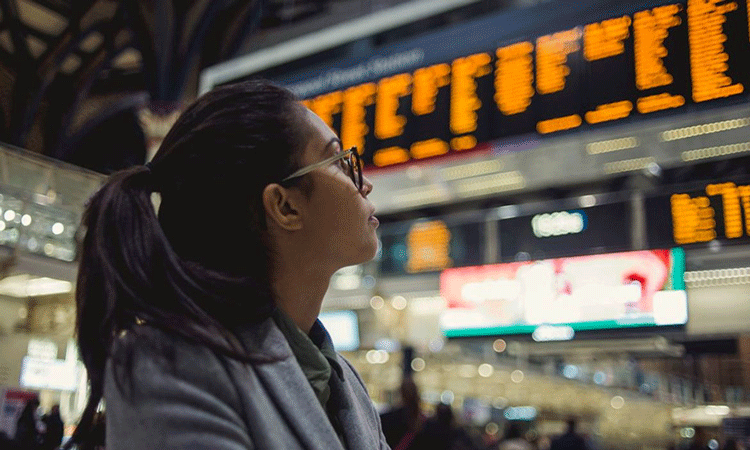

Credit: RDG
The ‘Easier Fares for All’ proposals – delivered in partnership between the Rail Delivery Group (RDG) and Transport Focus – explains how updates to regulation would enable the transparent, simpler to understand fares system people want, backed up for the first time by an industry ‘best fare guarantee’.
The reform would also support a ‘tap-in, tap-out’ pay-as-you-go system to be rolled out across the country, leading to greater local control over fares in devolved areas and better integration of rail fares with those for other modes of transport.
With a new system in place, it is believed that commuters who work flexible hours and therefore travel in off-peak hours could see savings, while overcrowding could be reduced by up to a third on some of Britain’s busiest long-distance services.
Nearly 20,000 people from across Britain took part in the consultation – with additional input from over 60 umbrella organisations representing over 300,000 other organisations, authorities and individuals, including businesses, accessibility groups and local authorities.
The consultation found that eight in 10 people want the current system changed, with respondents calling for a fairer, more transparent and easier to use experience. Responses to the consultation have been used to develop five principles that should underpin reforms to the fares system, including value for money and simplicity.
Based on these principles, the proposals are built with a simple proposition at their core: That customers only pay for what they need and are always charged the best value fare. This would be enabled by the fares system moving to a ‘single-leg’ structure, which currently operates within London, so that customers are able to choose the most appropriate ticket for each leg of their journey.
Amongst other improvements, reforming fares in this way could bring several huge changes.
Commuters
Commuters travelling from outside London in to the capital or elsewhere could benefit from a similar weekly capping system currently available for journeys within London. With pay-as-you-go pricing and a ‘tap-in tap-out’ system, commuters that currently purchase weekly season tickets could save money when they travel fewer than five days a week or are able to travel off peak. This supports changes in working patterns, with part-time working and self-employment having increased by over a third in 22 years. Ninety per cent of consultation respondents wanted consideration (definitely or maybe) of price capping.
Long-distance and leisure travellers
Long-distance and leisure travellers could see demand spread more evenly across the day. This could potentially reduce overcrowding by up to a third on the busiest services. Updating regulations around peak and off-peak travel would bring more flexible ticket pricing, spreading demand for a better customer experience. This would be supported by a wider range of ‘on the day’ fares. Seventy-eight per cent of respondents wanted consideration of fares that encouraged empty seats to be filled.
All customers
All customers could have more options and will no longer need to commit at the time of buying their outward journey to the time of day that they will return – instead, mixing-and-matching different types of single tickets and making changing travel plans easier. Seventy-four per cent of respondents wanted consideration of fares based on the amount of flexibility required.
If the proposals are developed and adopted, they could assist the industry in offering a ‘best fare guarantee’ so that customers would be assured that they would always be paying the lowest fare available where and when they buy it, which meets their needs.
A reformed fares system would enable greater use of technology – such as online accounts, smartcards and smartphones which will help make ticket buying simpler, so that customers are shown fares which match their needs while screening out irrelevant choices that cause confusion.
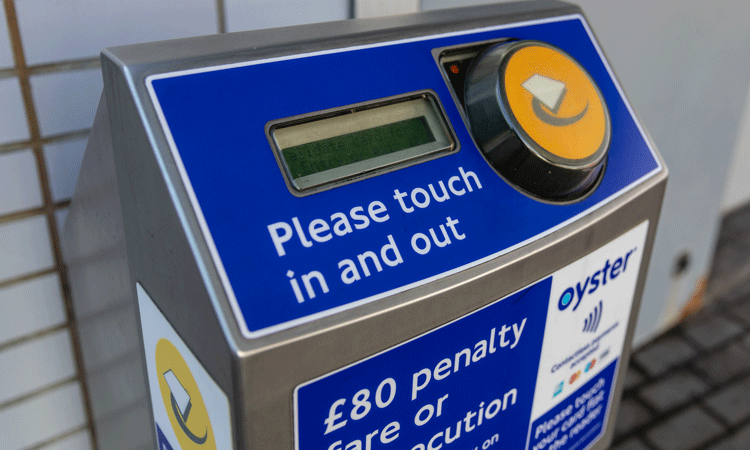

The reform could support a ‘tap-in, tap-out’ pay-as-you-go system to be rolled out across the country.
In addition to improving customer experience, updated fares regulations could help local political leaders have more control over their transport systems, where relevant powers are devolved, enabling them to co-ordinate train fares alongside other local transport. This is difficult now even where those powers are already devolved because rail-only fares are set under different national rules to local travel schemes.
A ‘single-leg’ structure could act as an enabler to local reform, where control of pricing has been devolved. It could help bring the rollout of pay-as-you-go systems or provide local leaders with the opportunity to package-up fares in a different way that is more suited to local passengers.
It is believed that making fares easier in the way set out would encourage over 300 million more journeys taking people off the road and on to the railway, increasing revenue to give governments options either to re-invest in lower fares, or in to improving the network.
Paul Plummer, Chief Executive at the RDG, said: “The result of our nationwide consultation is clear – customers have different needs and want an easy to use range of rail fares to meet them. Our proposals can deliver exactly that – creating a system that better fits how people live and work today. Rail companies are already working together on plans for real-world trials so people can see what our proposals could mean for them. However, current regulation needs to be updated and we want to work with government, who are key to making improvements a reality, to deliver the better fares system the public wants to see.”
Anthony Smith, Chief Executive of independent passenger watchdog Transport Focus, said: “Passengers want to see ‘root and branch’ reform to the outdated and outmoded fares and ticketing system. Trials will provide reassurance and allow passengers to understand the impact of the changes.”
While the industry’s proposals represent the industry’s first contribution to the on-going Williams review in to the future structure of rail, expected to report later in 2019, rail companies want to work with government now to begin the process of reforming regulation. This means working together to review the Ticketing Settlement Agreement and running a series of real-world fares trials this year. Commercial contracts would then need to be revised and agreed, starting a rolling programme of reform, which, with all parties working together, has the potential to be rolled out operator by operator across the network over the next three to five years.
The rail industry is already working together to make improvements where it can to improve the ticket buying process, within the current regulatory structure. This includes removing unhelpful jargon from over half a million tickets, making ticket machines simpler and easier to use, and to make advance purchasing available up to 10 minutes before travel on many routes.
Business groups have also responded to the proposals.
Mike Cherry, FSB National Chairman, said: “Many small businesses rely on the rail network, so it’s key that the current out-of-date fares system is improved. The system needs to be brought into line with the more flexible way businesses work. This will allow companies to access the best deals when travelling, as well as making it easier to travel – and businesses to trade – across the regions of the UK. We appreciate that the rail industry has brought forward its proposals, and we now call on government to start taking this work forward.”
Dr Adam Marshall, Director General of the British Chambers of Commerce, said: “The fares system needs to support businesses across Britain who rely on rail travel to move goods and services and access a skilled workforce. We agree with the industry that the rail fares system needs reforming. Britain needs a modern system that makes travelling simpler, is more flexible for commuters and is fairer for businesses who need to change their travel plans at short notice.”
Stay Connected with Global Railway Review — Subscribe for Free!
Get exclusive access to the latest rail industry insights from Global Railway Review — all tailored to your interests.
✅ Expert-Led Webinars – Gain insights from global industry leaders
✅ Weekly News & Reports – Rail project updates, thought leadership, and exclusive interviews
✅ Partner Innovations – Discover cutting-edge rail technologies
✅ Print/Digital Magazine – Enjoy two in-depth issues per year, packed with expert content
Choose the updates that matter most to you. Sign up now to stay informed, inspired, and connected — all for free!
Thank you for being part of our community. Let’s keep shaping the future of rail together!




